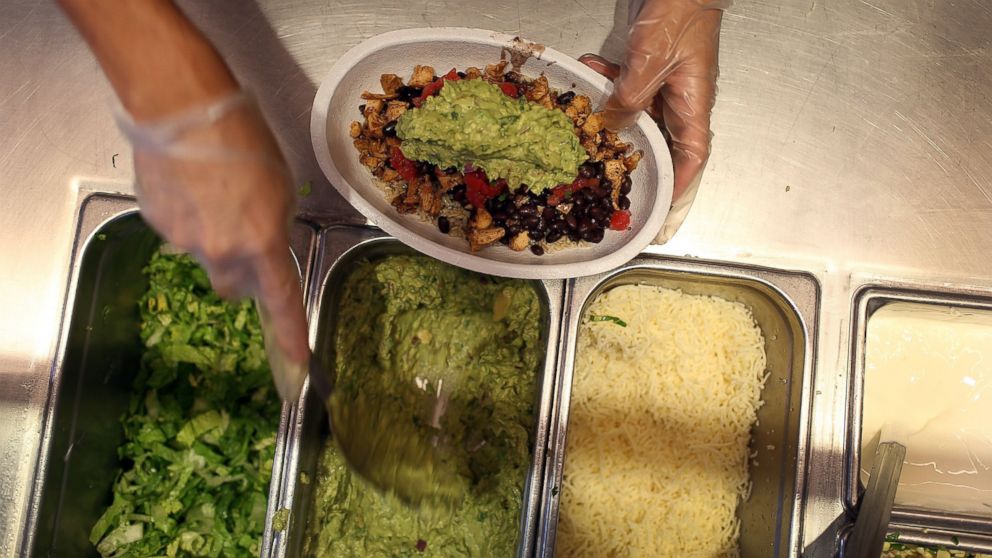5 Things to Know About GMOs
Here's the biggest GMO myths.

— -- intro: When fast-food chain Chipotle announced yesterday that it had ditched ingredients containing genetically modified organisms (GMOs), you may have looked at your beloved burrito bowl a little differently. But should you? While many food activists are excited about the news, some scientists are giving the change the side-eye.
Here’s what you need to know about GMOs.
quicklist: 1category: 5 Things to Know About GMOstitle: Myth: They’re Frankenfoodurl:text:Genetically engineered crops are designed to be resistant to diseases and insects, or make them tolerant of herbicides. Soybeans, corn, canola, alfalfa (hay), sugar beets, papaya, squash, and cotton all have GMO versions available in the U.S.“I really don’t like the image that always accompanies GMO articles: a poor tomato with a syringe in it,” says Alison Van Eenennaam, PhD, a biotechnology specialist at the University of California-Davis. “That’s not what happens. No one uses syringes or injects anything into anything. This is a breeding method,” she adds.
The misconception is that there’s something in your food, but scientists are staunch about the fact that a genetically engineered and conventional crop are exactly the same. “If you look at something like sugar, there is absolutely no way to tell if its derived from GMO sugar beets or sugar cane,” Van Eenennaam says.
RELATED: 12 Crazy Things That Happen to Your Food Before You Buy It
quicklist: 2category: 5 Things to Know About GMOstitle: Myth: You should be scaredurl:text:
Yes, some in the scientific community question the safety of GMOs, want longer-term studies, and do not support them, and many European countries don’t allow their use. And critics point out that we need more independent studies evaluating safety—that is, studies not funded by the makers of genetically modified (GM) seeds.
However, the World Health Organization notes “no effects on human health have been shown as a result of the consumption of such foods by the general population.” In a 2014 meta analysis of more than 1,700 studies from the past decade, researchers writing in Critical Reviews in Biotechnology didn’t find any dangers connected to GM crops. And a study last year led by Van Eenennaam that looked at livestock that eat GM feed (they’ve chowed down on up to 90% of these crops for about 20 years) didn’t find any difference in their health either—and their milk, meat, and eggs were the same nutritionally compared to animals that ate conventional feed.
There has been research suggesting that GMOs are linked to health problems—but some of the studies have been highly criticized. The most well-known is a 2012 study originally published in Food and Chemical Toxicology that suggested that rats fed GMO corn were more likely to develop tumors, but it was later retractedbecause that breed of rat is prone to tumors. “To ignore the hundreds studies that don’t show a problem and focus on one with design flaws is not looking at the weight of evidence,” says Van Eenennaam.
RELATED: 10 Bogus Health Trends That Waste Your Time
quicklist: 3category: 5 Things to Know About GMOstitle: Myth: They’re controversialurl:text:




